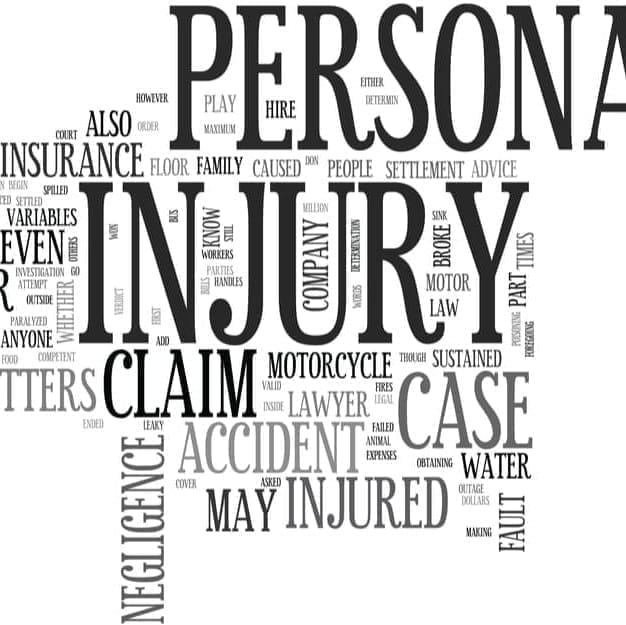
This post discusses pre-existing conditions in NC Personal Injury cases. If you have been injured due to the negligence of another and have a pre-existing condition, read on for how this will affect your NC Personal Injury claim.
NC Personal Injury Law
Anyone who is injured due to the negligence of another through no fault of their own can potentially have a personal injury case in North Carolina. NC is a contributory negligence state, meaning if the injured person is even 1% at fault, they can not recover on a personal injury case (but see Last Clear Chance Doctrine).
Though work injuries are usually governed under NC Workers’ Compensation, there are specific circumstances under which you can have a personal injury case for injuries you sustained on the job. For example, if you are a delivery driver and get into a motor vehicle collision while performing your job duties (through no fault of your own), you may be eligible for Worker’s Compensation through your employer and may also be entitled to compensation through a injury case against the at-fault driver.
Under NC Personal Injury Law, an accident victim can be compensated for the cost of their medical treatment, lost wages and pain & suffering as well as for scarring (punitive damages are very rare). In order to be compensated, a victim needs medical evidence and more: medical treatment with medical bills, verification of missed time from work from their employer, photos, etc.
Pre-Existing Conditions and NC Personal Injury
Many at-fault party’s insurance companies will deny claims based on pre-existing conditions, even those that have nothing to do with your current injury. As is well known, at-fault insurance companies make every effort to minimize or deny a injury claim and will spend much of their time reviewing your medical records to identify pre-existing conditions so they can deny you.
Contrary to what an insurance adjuster’s denial may say, simply having a pre-existing condition does not stop you from recovering on your NC Personal Injury claim. Only a doctor’s opinion regarding what caused your injury will be accepted as evidence that your injury occurred as a result of the accident. In addition, serious injury can cause aggravation of an existing condition. You should be compensated if the defendant's negligence caused an aggravation to your existing condition.
For example, say you have been diagnosed with degenerative disc disease of the lumbar (low back) spine, as one-third of people aged 40-59 have been, and are subsequently involved in a car accident in which you fracture three lumbar vertebrae. You would likely be able to be compensated for your damages related to the fracture of your lumbar vertebrae, even if the extent of your injury is more severe than someone without degenerative disc disease.
However, if your doctor cannot determine that the accident did, in fact, cause or aggravate your injury, it is unlikely you will be able to prove your case. In North Carolina, the defendant's negligence must be the proximate cause of your injury.
As an example, say you have broken your left arm while working in your yard, and subsequently slip and fall in a grocery store during which you break your right arm. You would be able to recover your damages related to the fracture of your right arm but will not be able to recover any compensation for any medical treatment related to your left arm because the defendant's negligence was not the cause of your left arm injury.
The Bishop Law Firm can help with your Pre-existing Conditions In NC Personal Injury Cases. We represent injured clients in Raleigh , Cary, Durham , Fayetteville , Louisburg, Smithfield , Chapel Hill , Roanoke Rapids , Rocky Mount, Wilson and other areas in North Carolina. Call us today for a free case evaluation, (919) 615-3095.

